
Several months ago at the Greenville, SC homeschool convention I met The Classical Historian. I had never heard about this company before and immediately fell in love. It was the end of the last day of the convention and I was quickly making one last sweep in the vendor hall to make sure there wasn't anything I absolutely needed to purchase. I had been working the A+ TutorSoft booth for 3 days and hadn't really had a chance to browse. The Classical Historian booth had a corner booth and as I briskly walked by the brightly colored games caught my eye. I stopped to look at them and he offered me a deal I couldn't refuse (on the demos). Of course I made a purchase! About 5 minutes later he came and found me and offered me 3 more games to review.
John and Zdenka De Gree the owners of The Classical Historian live in sunny California with their 6 children. Their mission is to “help teachers provide students the skills
of the historian, challenge students to research and analyze various
perspectives, and respectfully and honestly guide students in thoughtful
analysis, discussion, and interpretation of the past.” All this learning is done through games and creative curriculum choices. All of The Classical Historian materials, “are inspired by the best that is offered in the Western tradition of education: openness, analysis, healthy competition in games, respect towards opposing viewpoints, recognition of an absolute truth, and academic honesty." Visit The Classical Historian website to read more about their Mission and Method of teaching history.
We LOVE games. I don't know how many times I have mentioned that on this blog. We have dozens of games and literally spend entire days playing and learning from them. But we didn't have any history games...now we do and they are ones we play over and over again and incorporate into our geography and history studies on a weekly basis. We even took them on a recent camping trip!
There are two different game types Memory and Go Fish (and there are variations for each, more below). And there are three historical categories available for each: American History, Ancient History and Medieval History.
The cards for all of the games are visually stunning. Children will have tons of fun while reinforcing facts on history, timelines and geography. These games are a great supplement for ANY curriculum and are great for all learning styles. Plus they also incorporates reading and critical thinking skills. And they are literally great for all ages!
 |
| No my nephew is not a pirate but I don't think my sister wants his face all over the internet like my kids are so I gave him a mask! |
Go Fish is recommended for children age 6 years and older (my 5 year old had no trouble playing though). Some reading is required. However there are great color coded dots with numbers/letters on the upper left corners of the cards...making it easier for younger children to play the games as long as they know their colors or numbers. Through these games children will learn historical facts, chronology, geography and historical association. There are several game variations you can play: old fashioned go fish, collect the cards, chronology or continents. You can choose from 3 time periods: Ancient History Go Fish Game, Medieval History Go Fish Game, American History Go Fish Game. Each game includes 50 cards (and an answer key) which are divided into group of four by time period, region, or category.
Old Fashioned Go Fish
I hope everyone knows the rules of Go Fish, but if not they are really simple. Each player tries to collect four of a kind from the included categories (differ between 3 games):
Ancient History:
1. Prehistory
2. Ancient Asia
3. Mesopotamia
4. Ancient Hebrews
5. Ancient Egypt
6. Ancient Greece
7. Roman Republic
8. Roman Empire
9. Native American Homes
10. Political Leaders
11. Seven Continents
12. Rivers of Early Civilizations
The player with the most wins.
Chronology
The cards from 5 time periods are shuffled and scattered face up. One player signals and the other player assembles all the cards in chronological order, as fast as they can. The fastes times wins. This game could also be played by yourself with a timer (try to beat your best score).
Continents
Lay the continent cards continent cards out on the playing table. Shuffle the other cards and place them face up. One player signals and the other assembles all the cards under the correct continent, as fast as they can. The fastest time wins (answer key is provided). This is another game that can be easily played by yourself.
Collect the Cards
This game is definitely for older children who have been studying history for longer than 2 years. The cards are laid face down and a player takes a card fro the top and reads the first clue. Players try to guess the image on the card from the historical facts (hints). If a player guesses correctly they win the card. If no one guess it correctly the player who drew the card gets to keep it.
More About History Memory Games:
Memory is suitable for children age 3 years and old. No reading is required. Through this game children will learn historical image recognition, chronology and geography. There are a couple game variations you can play: memory and categories. You can choose from 3 time periods: Ancient History Memory Game, American History Memory Game, Medieval History Memory Game. Each game includes 64 matching images and eight category tiles.
Through these two games children will become familiar with historical people, monuments, maps, artifacts and symbols. They will also develop important recognition and memory skills. These tiles are made of nice thick, stiff cardboard so they will definitely take a beating from little ones. We played with these the most!! These games get a huge A+ from me because they helped spark an interest to learn more. The images had them intrigued and throughout the entire game they were full of questions. I also used the game to work on my daughters reading skills. I would have her try to sound out the cards when she found a match.
Memory
A favorite game for all young children classic matching memory (we have 7 versions of memory but this is our new favorite). Place all the game tiles face down in rows. Each player takes turns flipping over two tiles. If the tiles match they get to keep them. If they don't they get flipped back over. The player that finds the most matching pairs wins.Categories
This game teaches geography and association skills. Place four Category Tiles at the top of the playing area. Mix up the 64 Matching tiles. One player says, “Go!” and starts timing. The other player places all tiles under the correct tile. The person with the fastest time wins. For wrong placement, add 10 seconds per tile.This is appropriate for ages 8 and older and requires some knowledge of history. Need help check out each product page for instructions and answer keys!
Make Up Your Own Games:
If you use your imagination I am sure you can come up with additional games to play with these games. Here are a few I thought of...
Museum Scavenger Hunt
Take the Go Fish cards with you on your next field trip to your favorite history museum (ours is the Michael C. Carlos Emory Museum) and have children try to find artifacts, maps, time periods etc that correspond with each card.
Lego Building Fun
Lately all my 6 year old son cares about are Legos. So I thought of a fun idea for him. I will simply give him cards from either the memory or go fish set and have him construct landmarks, artifacts, etc out of his Legos.
Map Quest
Similar to the continent game however in this one children need to tack the cards (using removable putty) to a large wall map. This game worked better with my little ones + added another component we have been working with, maps!
Guess Who (or what, or where)?
This game is another fun one and you play it just like the actual Guess Who Game. Use the memory tiles and select about 10-12 tiles (same ones for each child). Place them in an upside down egg carton with slits cut in it (see below how to make this awesome card holder). Each child chooses one card/tile for their mystery person/place/thing. Then players take turns asking questions to try to figure out what is on their opponents mystery card. You can use simple questions like, "does your person, place or thing have brown on it?" or more difficult ones (for older kids) like, "is your person, place or thing from Asia?". Answer questions with either a "Yes" or a "No." Answer your opponent's question so your opponent can eliminate cards that do not fit the answer. Narrow your list down before asking about a specific mystery person, otherwise, you lose the game.
Now I have my eye on The Classical Historian Constitution Quest game. A game that teaches the U.S. Constitution! Check it out it looks awesome!
-FREE Summer lesson
-On each game page there are variation instructions listed or links to downloadable instructions
Gwyn (7 yrs old) and Rowyns (6 yrs old) review:
We love the games a lot. The pictures are nice. We play the games a lot. Mommy says we are learning while playing. When we learned about Egypt we played the game too. We also played the game with our cousin when we went camping.
Links to follow:
-The Classical Historian Website-The Classical Historian Facebook page
-The Classical Historian Twitter
Where to buy:
The Go Fish Game is available in Ancient History, Medieval History, and American History. You can buy them individually for $11.95 each, or as a bundle for just $29.95. The Memory Game is available in Ancient History, Medieval History, and American History. You can buy them individually for $14.95 each, or as a bundle for just $39.95.
**Or buy the 6 game SUPERBUNDLE for ONLY $59.99 (25% off retail prices).


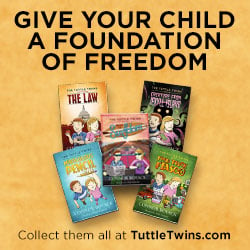
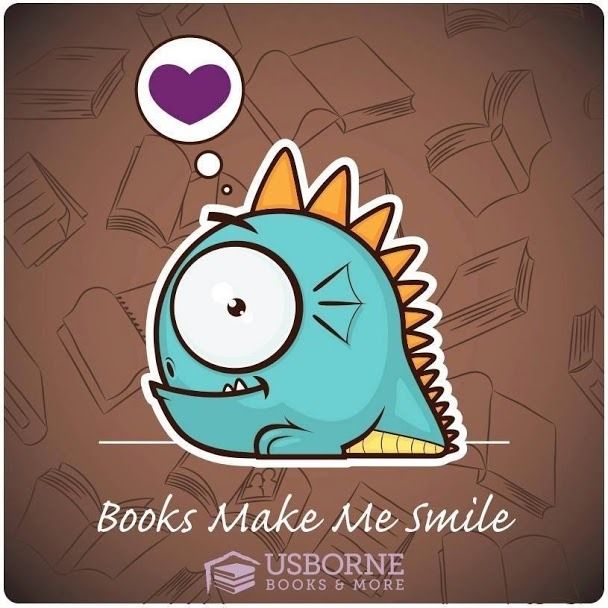


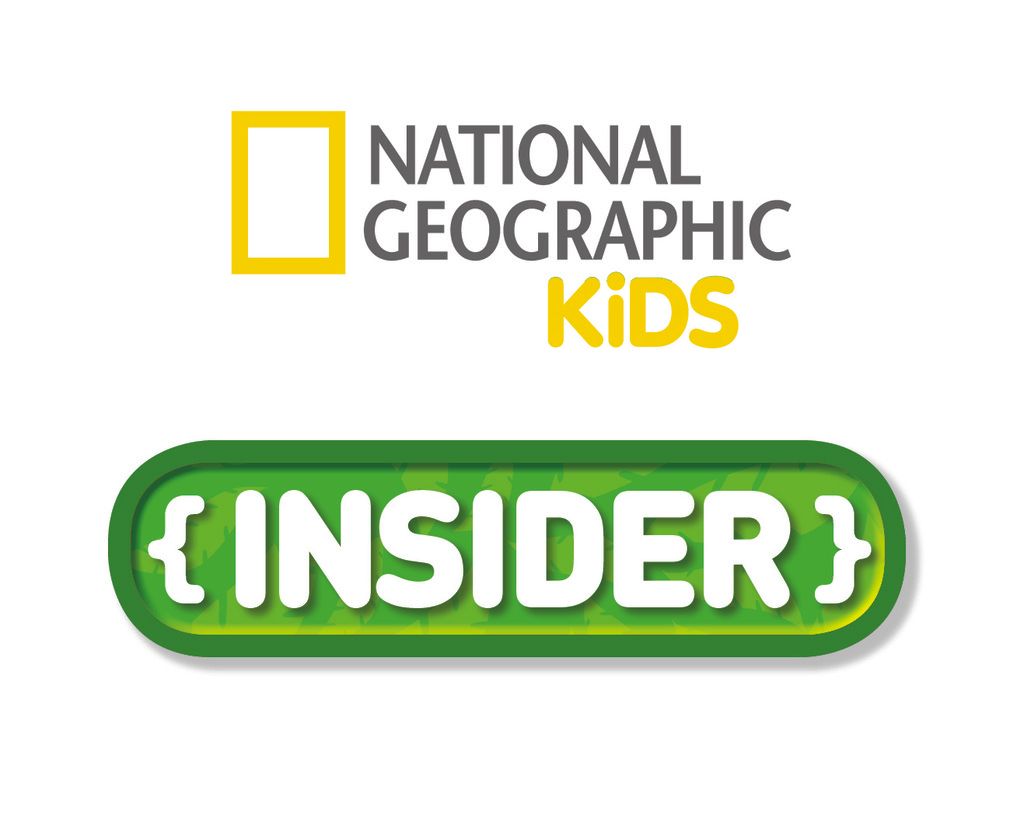
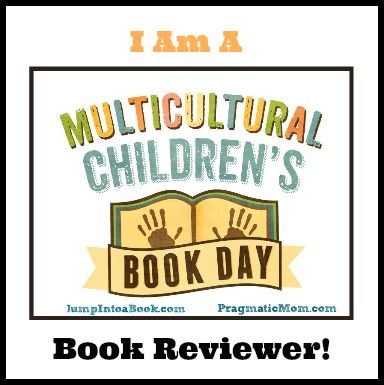



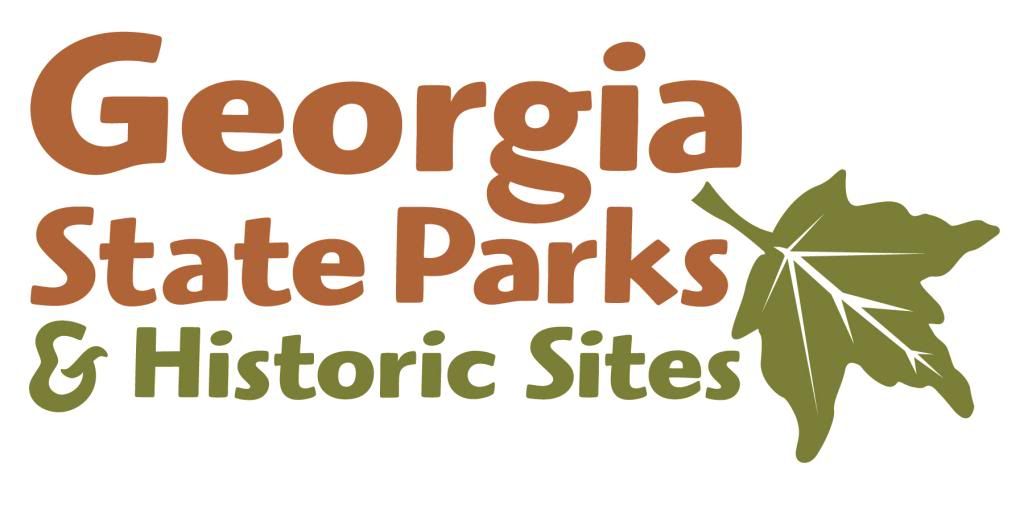
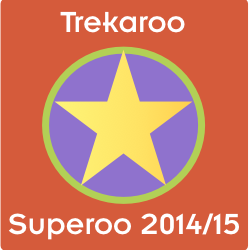








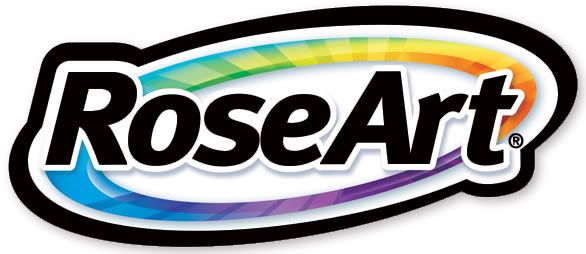




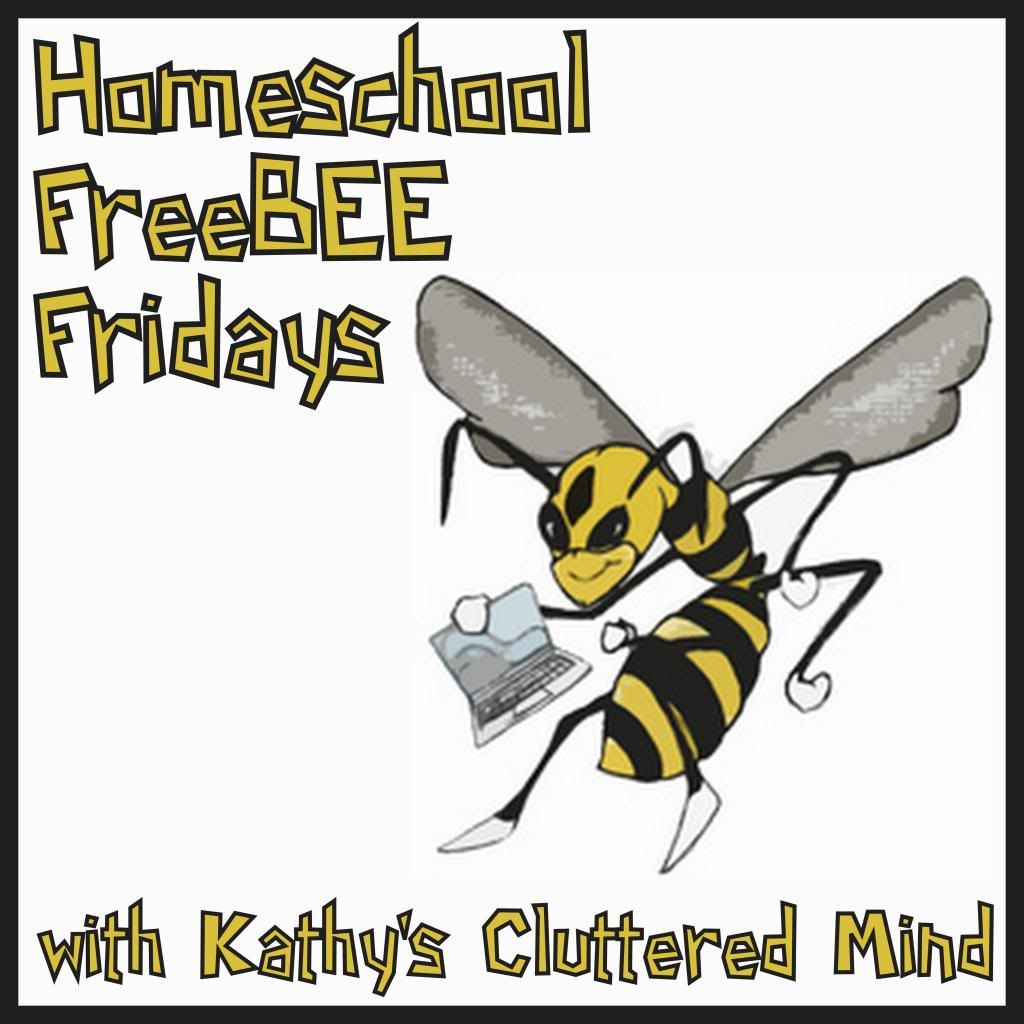


















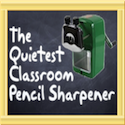
No comments:
Post a Comment
Thanks for stopping by! Please check the follow up box so you can receive my replies.